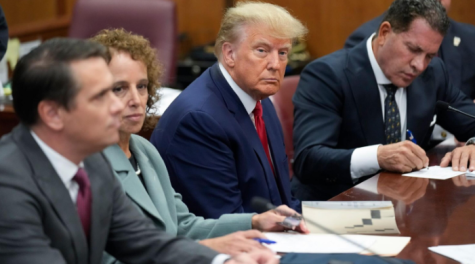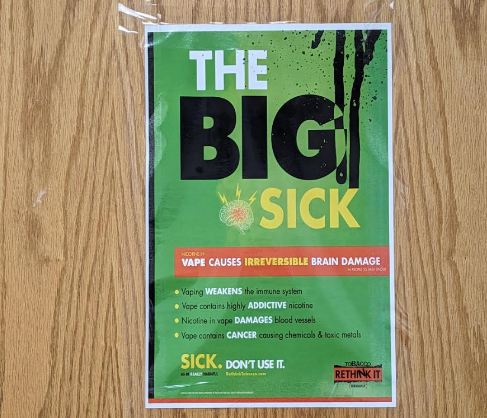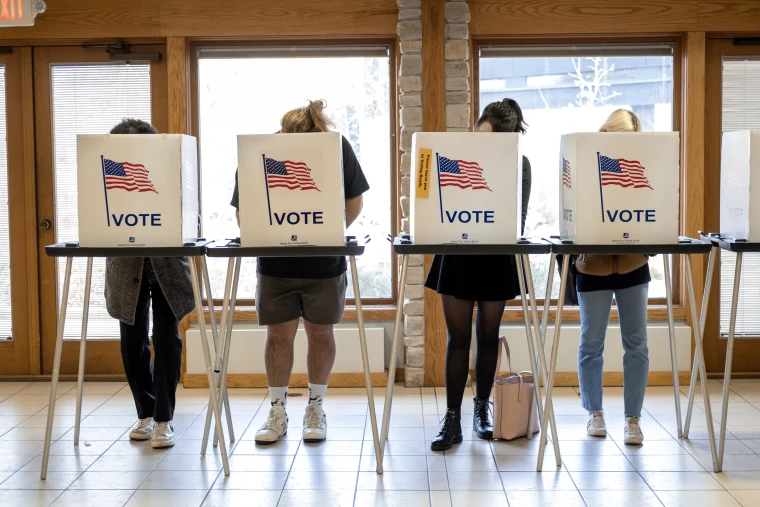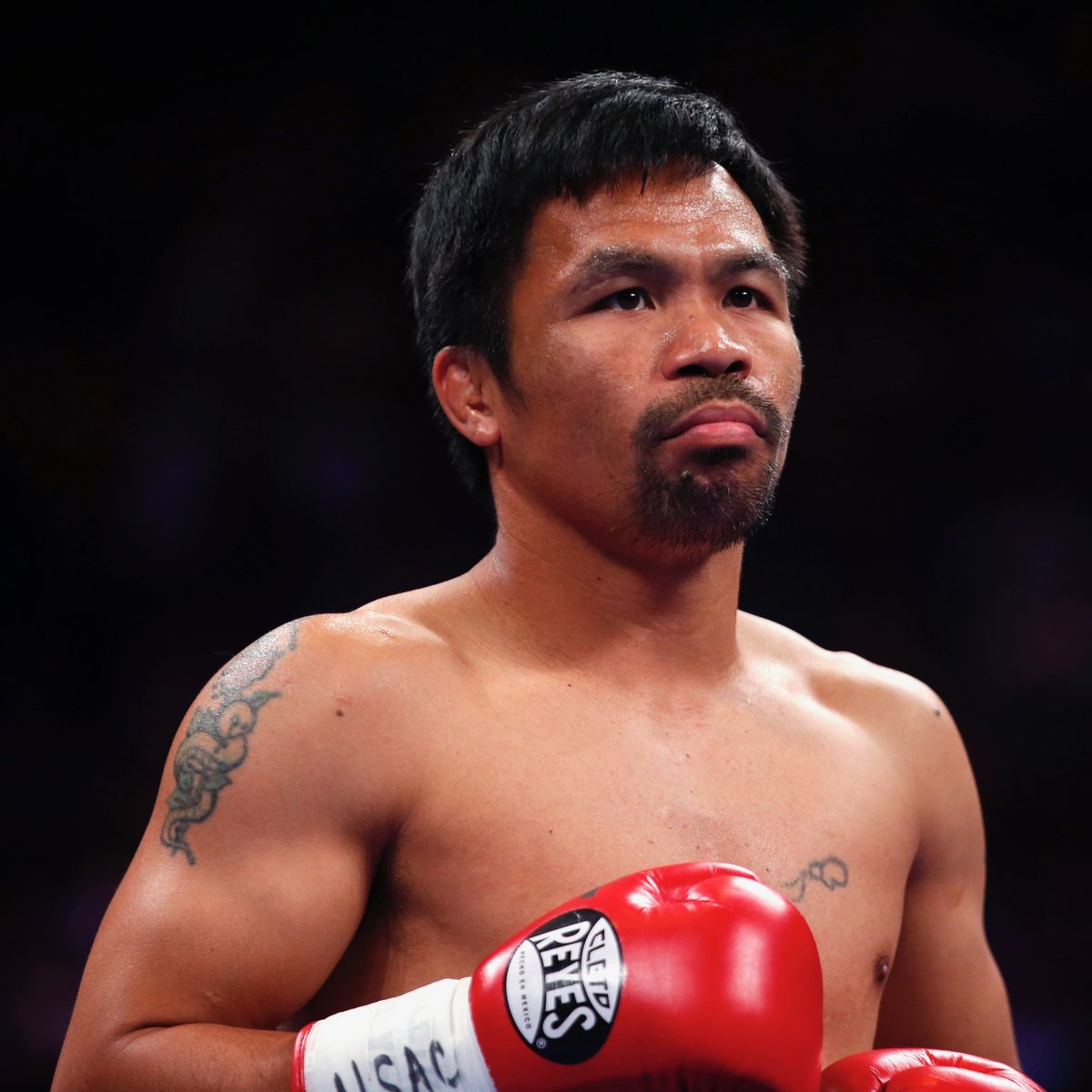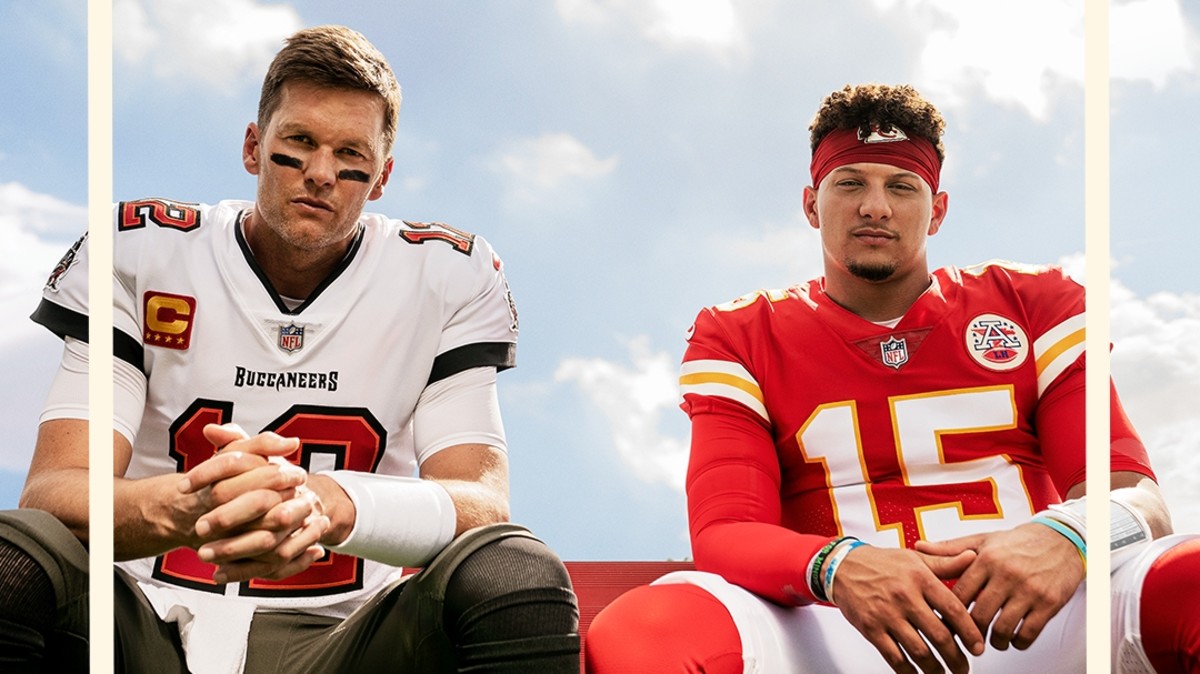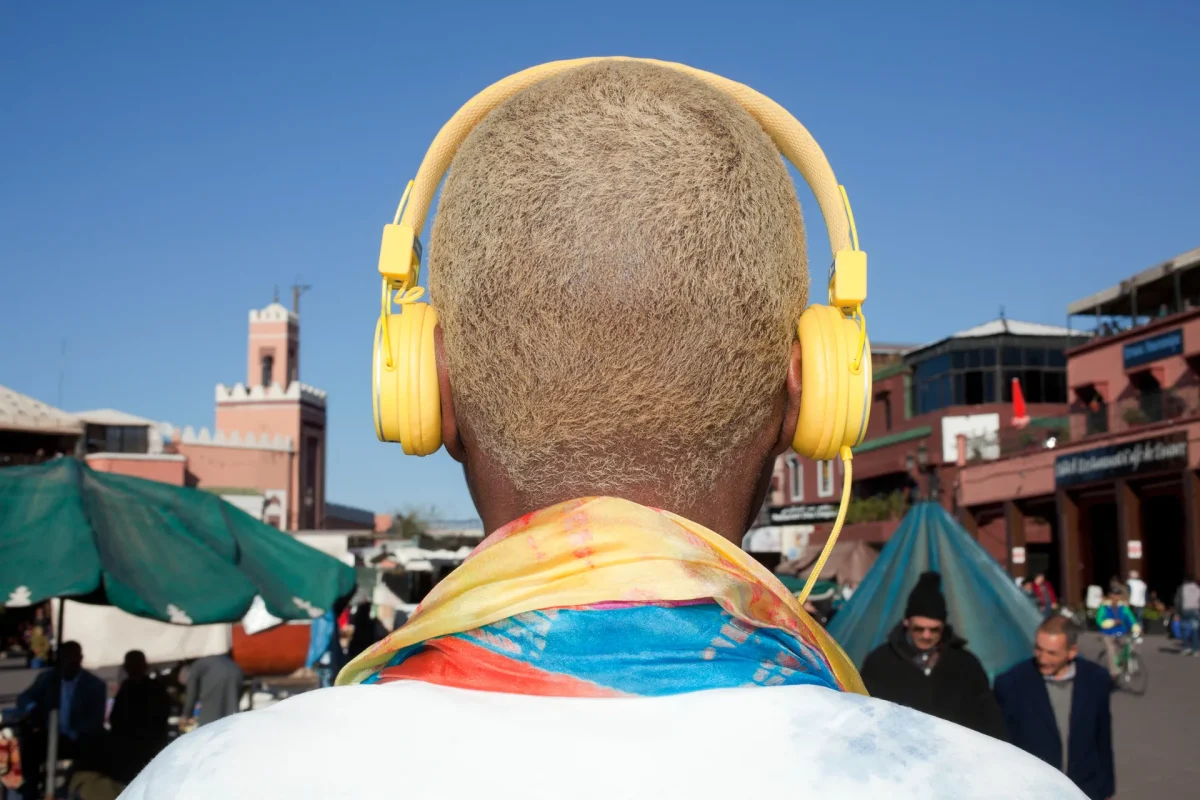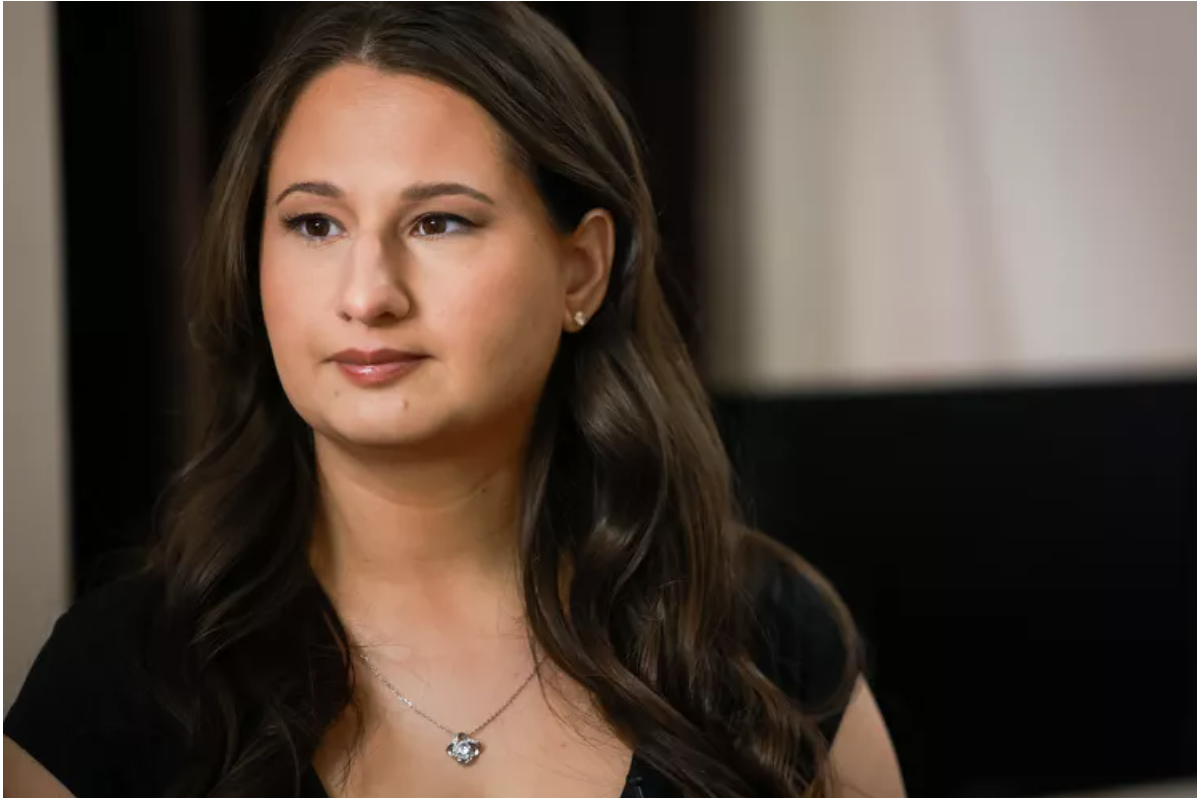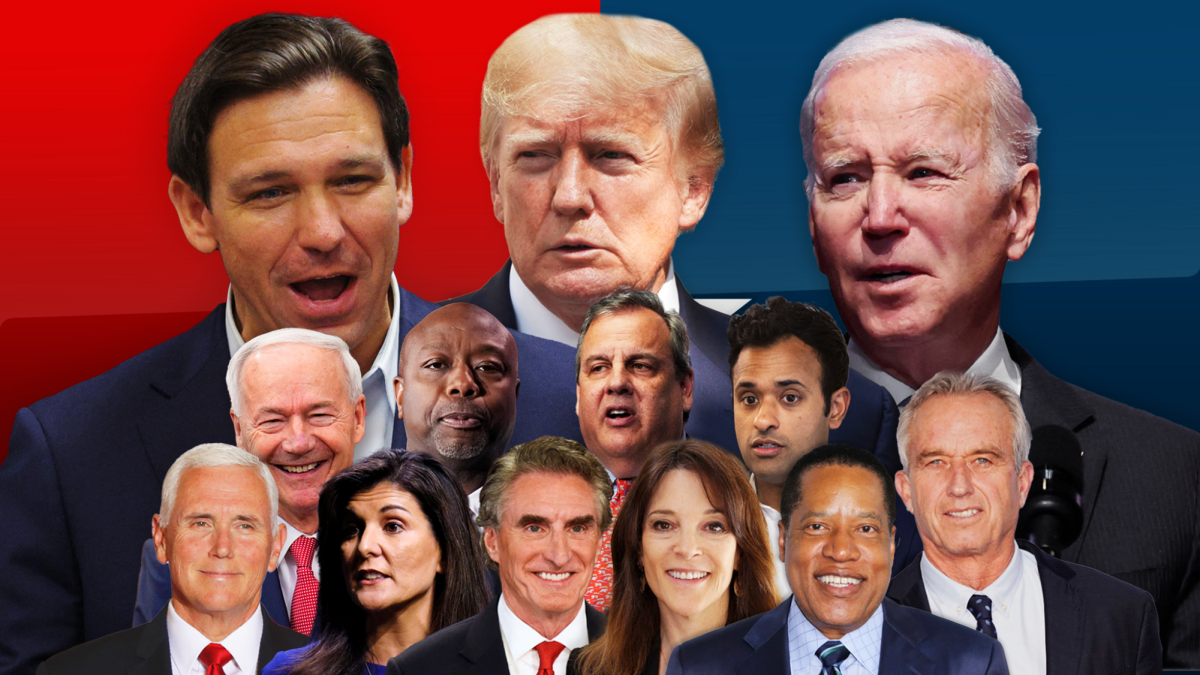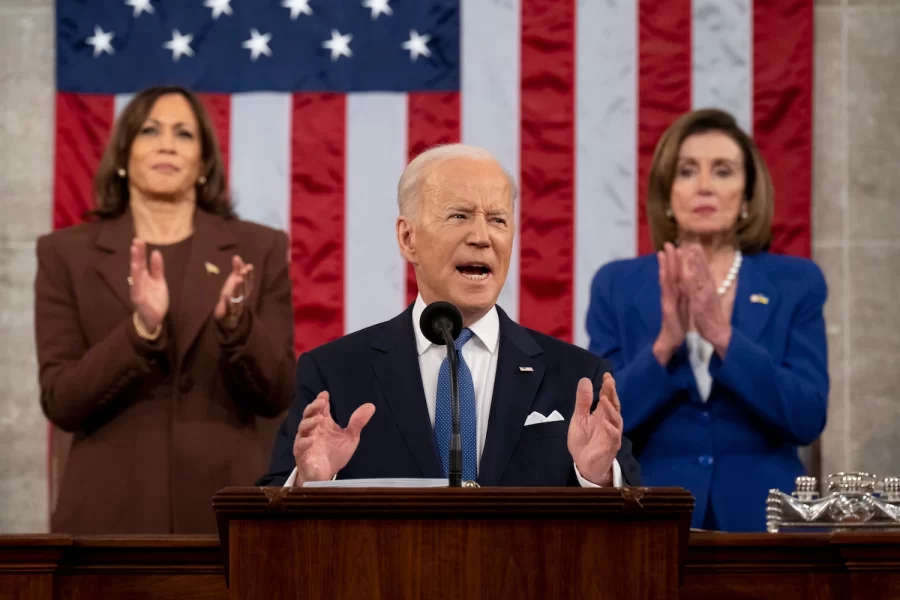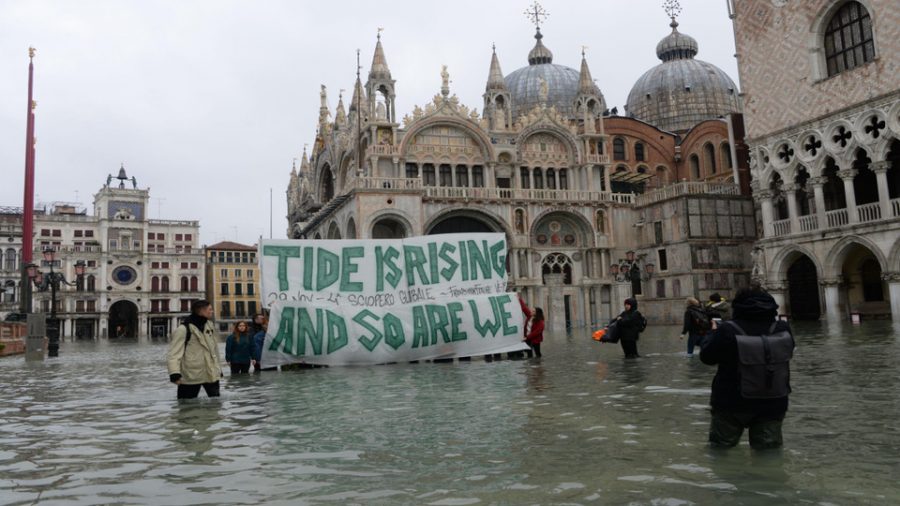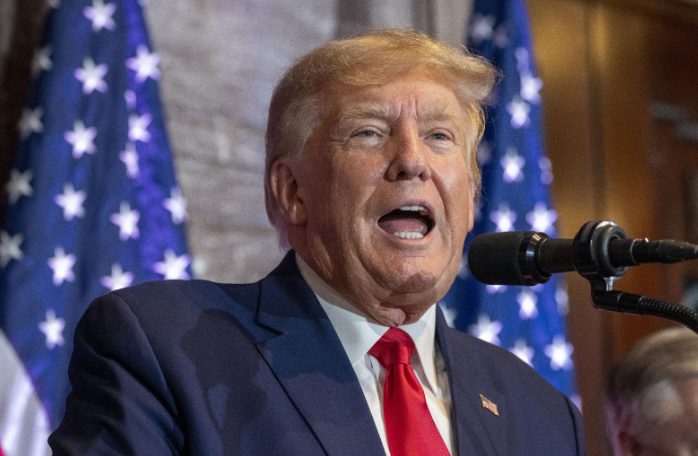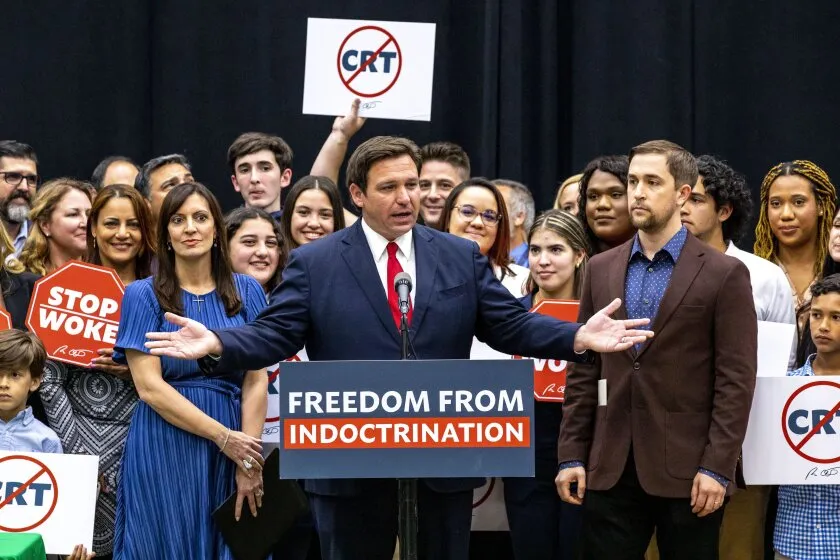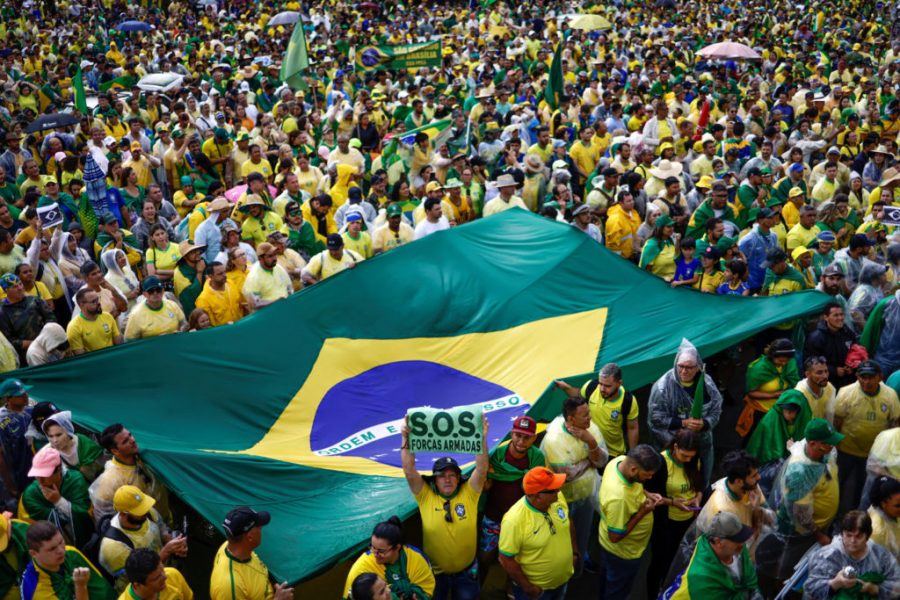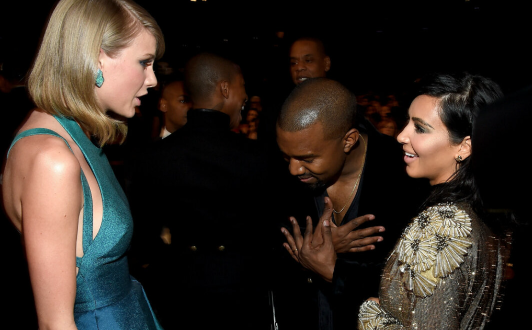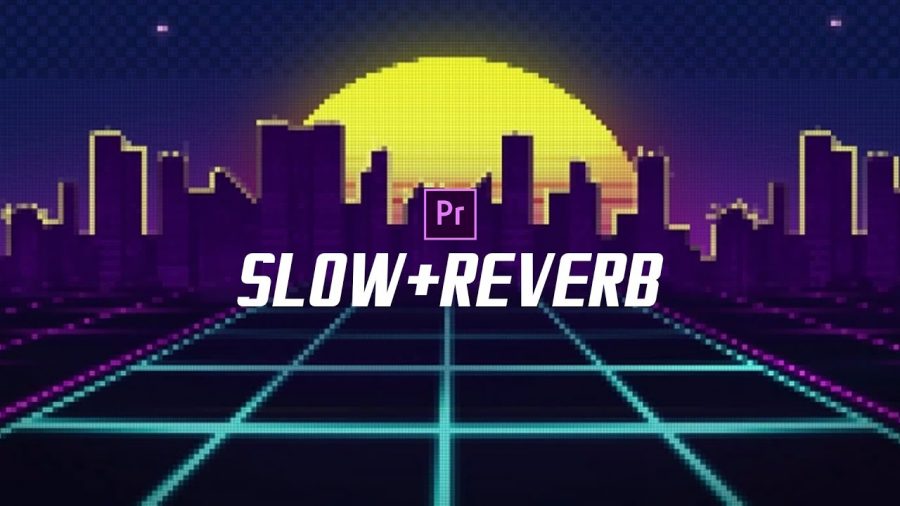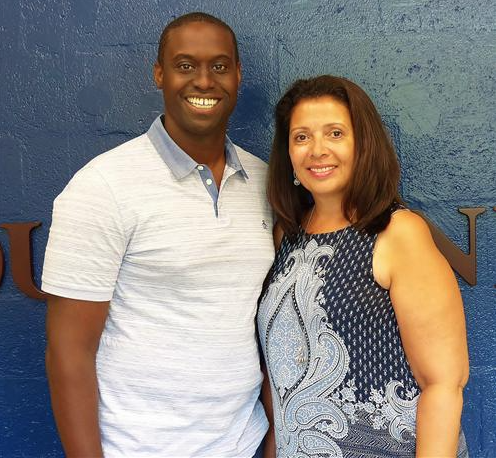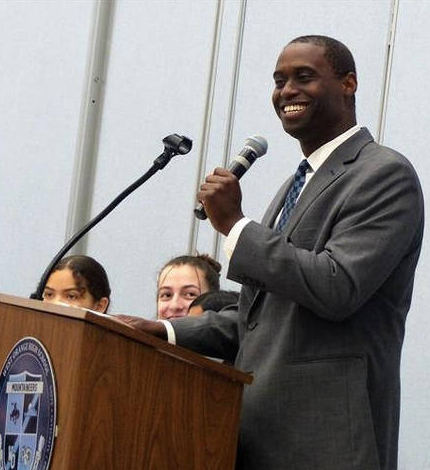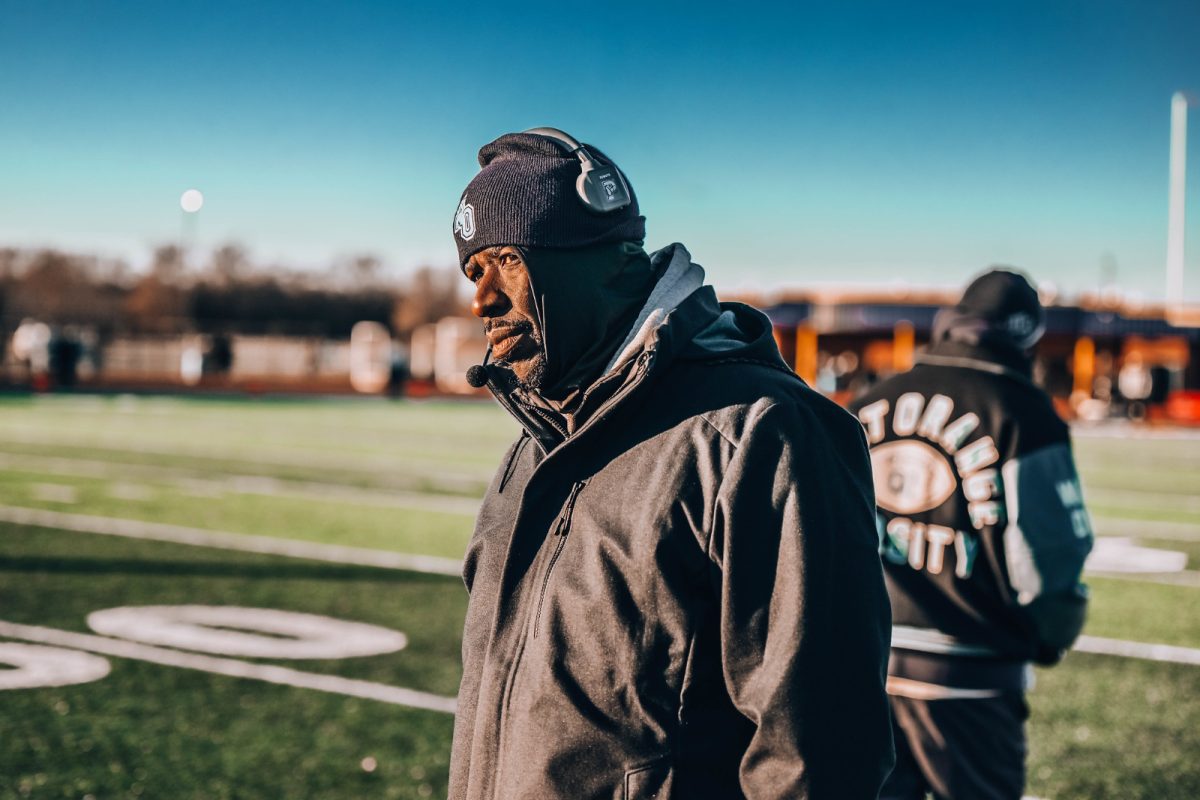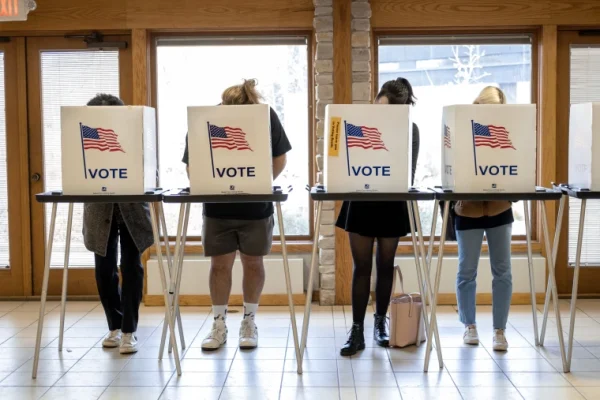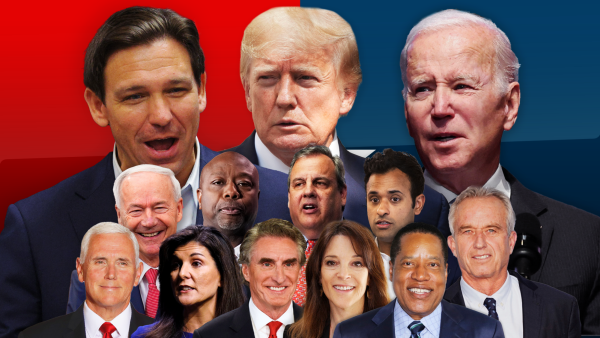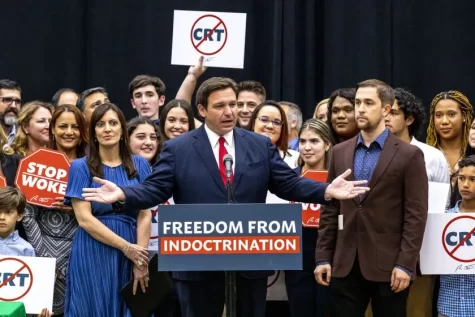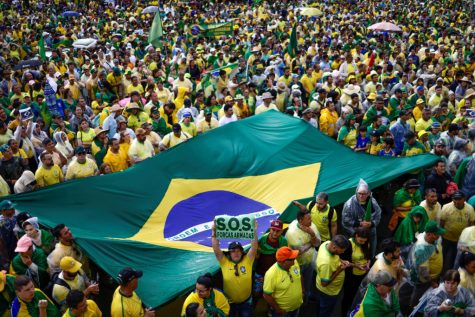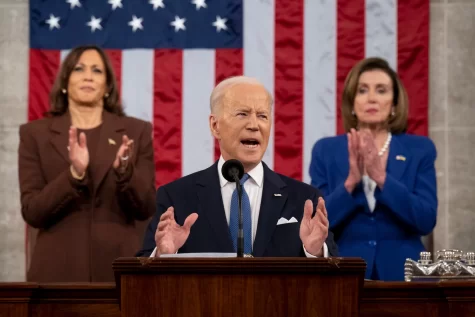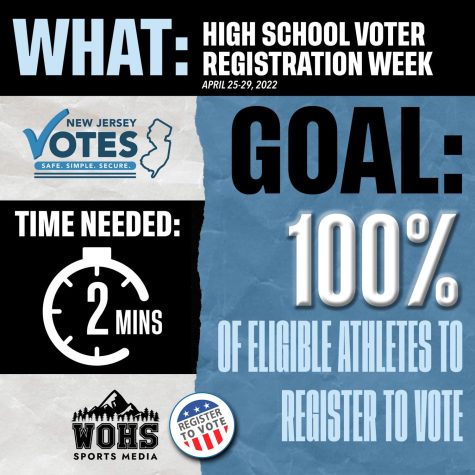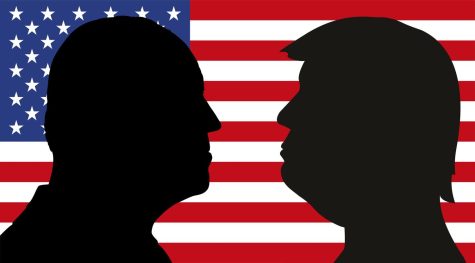Donald Trump’s Indictment
On April 4th, former president Donald Trump was indicted, which means he was formally accused of a crime. He was charged with 34 counts of falsifying business records. Prosecutors claimed he falsely recorded expenses used for hush money as legal expenses. This case is an extremely important one, as it is the first indictment of a former U.S. president and brings light to the white-collar crime of falsifying business records.
This case was the result of a five year investigation by the Manhattan district attorney, Alvin L. Bragg, into $130,000 of Trump’s expenses. Even though the expenses were stated to be for legal expenses, prosecutors claim that they were used to keep Stormy Daniels, an adult film actress, from revealing details about her affair with Trump. However, Trump has denied the existence of the affair.
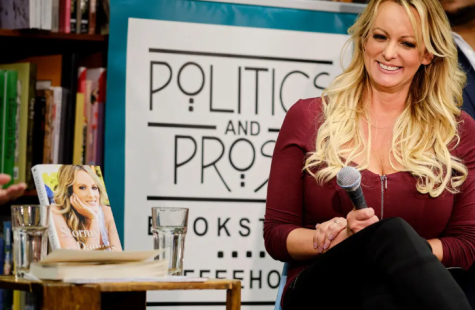
The event that led to the hush money payment was when Daniels’ representatives contacted The National Enquirer to sell the rights to her story. The tabloid’s publisher, David Pecker, was an ally of Trump and fought against potentially damaging stories during Trump’s 2016 campaign. After the contact by Daniels’ representatives, Pecker and a top editor of the tabloid made a separate deal between Daniels’ lawyer and Michael Cohen, Trump’s attorney at the time. Cohen paid Daniels $130,000 dollars, which Trump repaid when he became president.
The deal came to light in 2018, when Cohen pleaded guilty to numerous crimes. He also claimed Trump directed him to pay off Daniels, which prompted scrutiny of Trump’s payments. Prosecutors questioned Trump’s payment to Cohen, as records on the expense cited a retainer agreement that did not exist. Cohen said Trump knew that the agreement did not exist, which could serve as the basis for the case against Trump.
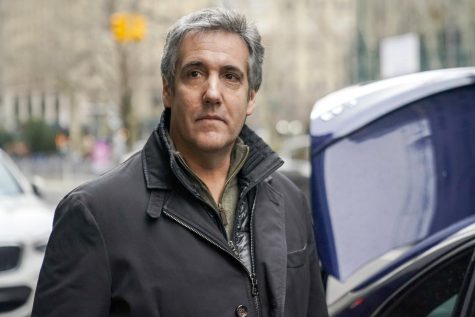
Trump is currently being charged with a felony for falsifying business records, which means he intentionally made an incorrect entry to mislead in an effort to gain something. The crime of falsifying records can be a misdemeanor, but it becomes a felony when it was done to hide a different crime. The jury will have to find Trump guilty of using the false records to commit a crime in order for this charge to stick.
These charges were presented to Trump in a Manhattan court during an hour-long arraignment, which is a public hearing where defendants are charged. Trump pleaded not guilty to these charges and claimed that they were politically motivated. After the trial, he returned to his resort, Mar-a-Lago, and gave a speech. He said Alvin Bragg was a criminal that leaked information from the grand jury He also said Justice Juan M. Merchan, the judge overseeing the case, is biased against him, and the Manhattan grand jury’s decision was political persecution and election interference. Despite these gripes, Trump also used the case to raise funds, releasing a $36 dollar T-shirt with a mock up of his mugshot, even though authorities did not take a mugshot.
Over the coming months, prosecutors and defense lawyers will exchange evidence and file motions. The district attorney’s office must turn over most of its evidence to the defense within 65 days of the defendant’s first court appearance. Prosecutors said discovery would not begin until both sides agreed on an order to decide how the materials would be handled. Prosecutors are also trying to prevent Trump from providing evidence to the media or using evidence for political purposes. They have also asked that Trump only be allowed to review certain pieces of evidence. Trump’s legal team has rejected at least one of those requests. As of April 4th, the order has not been finalized.
Trump’s legal team also has many plans for the coming months. One of Trump’s lawyers, Joseph Tacopina said before the arraignment that he planned to file a motion to dismiss the case and throw out the charges. After the arraignment, Tacopina said it was too soon to give details. Trump’s legal team might also try to move the case to another court, as the former president does not believe he can get a fair trial in the left-leaning Manhattan and would rather have the trial in the conservative Staten Island. Regardless of what Trump’s lawyers do, Judge Merchan gave them the deadline of Aug. 8 for them to file their motions. Prosecutors will then have until Sept. 19 to respond.
The next hearing in the case has been set to be on Dec. 4 by Judge Merchan. In this hearing, he will rule on the motions. Prosecutors want to start the trial early in January 2024, but Trump’s lawyers have said it was too soon and they want the trial later in the spring. Judge Merchan has not set a date. Regardless, this trial is bound to make waves and leave a large impact on the country.
